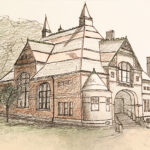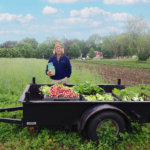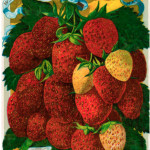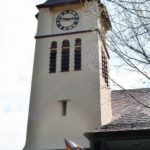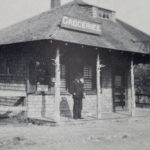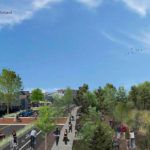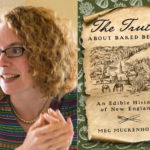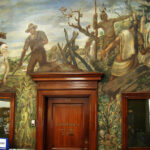
By Mark Jarzombek It comes as a surprise to people who assume that Boston’s colonization began with the settlement of Boston in 1630 that there was an equally important settlement in Watertown that same year. It was organized by Sir Richard Saltonstall, along with approximately 40 families. Unlike the Bostonians, the group in Watertown consisted of ranchers and farmers living primarily in homesteads spread out over the rapidly deforested landscape. Though Boston takes the glory when it comes to the history of New England, the relationship between a town and its farm and pastureland was critical to the settlers’ success. [READ MORE]


